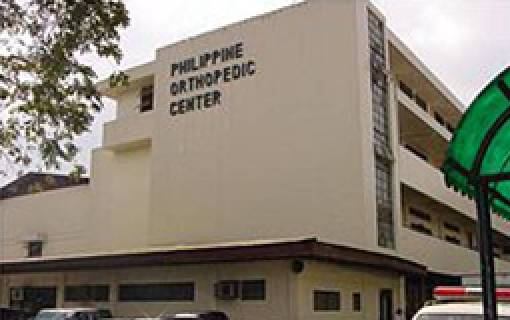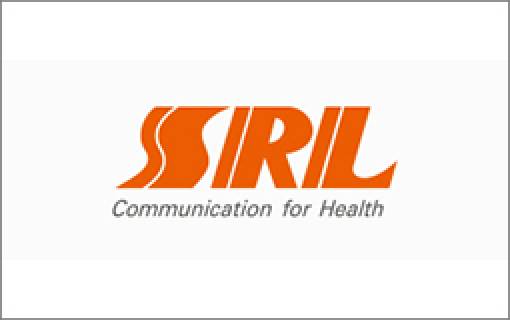The Importance of Digitization of Medical Records in India
In a world where technology dictates advancement, it can be said for a fact that the impact of new technologies is very high. Nowadays we have everything at our fingertips; be it our bank account details, business or personal emails, pictures, videos uploaded on the cloud, etc. One has to just hit search and you have the required details. However, the advancement of technology in the healthcare sector is a slow process since its acceptance takes a long time. One such advancement is the digitization of medical records which proves to be of utmost importance for patients as well as for healthcare providers i.e. hospitals but is often considered unimportant.
For instance, if at this moment you were asked to give detailed information regarding the medications taken a decade ago, assuming the occurrence of some medical condition back then, there is a high chance that the most crucial bit of information will be missed out. A patient with a long medical history such as diabetes or cardiac issues may have a series of reports and maintaining these files can be a tedious task. Also, the old paper-reports tend to tear or get faded over time. As a solution to this, patients can have their medical records digitized and maintained on a suitable platform such as a mobile application that will help them to retrieve it whenever required without any hassle. The data can be arranged chronologically and will be concentrated at one place. This proves to be beneficial in emergency situations as noteworthy medical history and basic patient information will be easily available.
It is a very common scenario where the middle-aged generation are settled abroad while their parents are living on their own in another country. The application on which the medical records of these elderly are uploaded can be linked with other family records making it easier to share the updates with them. This would allow their children settled abroad to guide them as well as connect with the respective doctors directly. Another common observation is that the standard behaviour of patients is to seek multiple opinions before settling down on the choice of treatment, or for a second opinion during the course of treatment. A digitized copy of the record can be easily shared by the patient with the concerned doctor.

On the other hand, hospitals have started going digital in terms of software which provide services such as online consulting, bed occupancy, setting an appointment and storing medical records. It is mandatory for the hospitals to store patient records for up to atleast five years. Introducing digital storage allows hospitals to reduce physical storage at the hospital site by outsourcing this service, and utilize this space for other relevant processes. Also, digitized medical records along with the transcripts convey the situation much better than just textual data fed into the system. For example, transcripts stating the location and nature of a fibroid can be explained better along with the digitized report attached with it. Hospital Information Management System (HIMS) in hospitals provide most of the patient information but it depends on the modules which the hospital has signed up for such as OPD, radiology, pathology etc. A hospital may not have signed up for the modules for all the departments for HIMS and thus that particular data will not be available on the software. In such cases, a platform providing the digitization of records for the rest of the departments where segregation of reports as per requirement is also possible can be integrated with the existing software. Smaller hospitals may avail such services where a fully fledged HIMS is not required, thus cutting down on expenses and extensive training required for it.
However, digitization and maintaining a digital record can be a difficult task for people who are not tech-savvy. Also, patient records being sensitive information, data security will always be a concern. Even though the digitization service providers ensure security abiding by the laws laid down by HIPAA (law for privacy and security of patient information), the patients as well as hospitals are reluctant to instate any service like this. At last, one must understand that having complete medical history at the tip of your fingers in an emergency situation can save your life. Thus, it is encouraged to sign up for it without any hesitation
We would love to talk to you about your vision for your healthcare project and provide meaningful insights into how we can help you realize your goals. We look forward to hearing from you.
Project Highlights
We have had a proud association with various prestigious clients and projects.
Need Help? Send in your query.
Please fill out the form below and we will get back to you as soon as possible.












